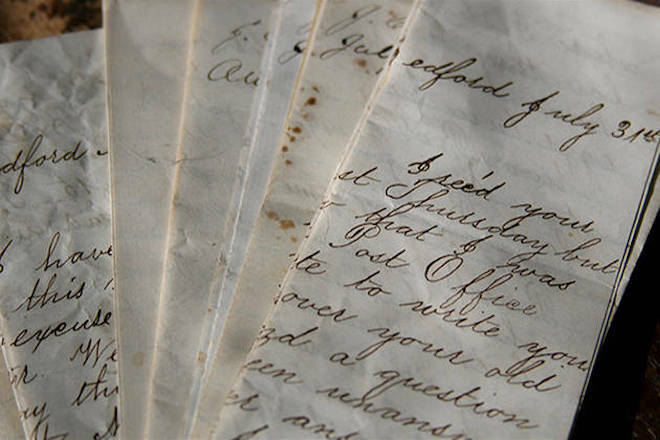Ontario book burning concerning
Canadians are now focused on the repercussions of the federal election, but we should be aware of another issue that has come to light. Some time ago a francophone school board in Ontario held a book burning ceremony. In it 30 books were burned for “educational purposes.” Many of them were beloved children’s classics that no longer met standards of “political correctness.”
The reaction was immediate. Public figures condemned the action and the school board expressed its regrets at having gone through with it. All fine and well, but there is more. The book burning was supposedly done in solidarity with the Truth and Reconciliation Commission. Really? A statement like this raises serious concerns.
First, are we now a society that condones book burning? It is bad enough that the Scolaire Catholique school board went ahead with the burning, typical of what totalitarian regimes do, but to do it in the name of reconciliation seems inappropriate. Are they now speaking for indigenous people, and do the consultative indigenous groups the school board they contacted speak for every indigenous Canadian? Lastly, how does book burning, generally recognized as an abhorrent practice, benefit anyone?
Since the practice began over 4,700 books across 30 schools have been destroyed or recycled because they did not meet the standards of post modernist culture. No attempt seems to have been made to address the literary merit of the books, contextualize their content, or address the opinions of the larger population of parents or students the board served.
The image that most readily comes to mind is piles of books being publicly burned in fascist regimes. It would be horrifying to see something similar happen in Canada, a nation that is supposed to be democratic and free.
Perry Foster
Duncan

